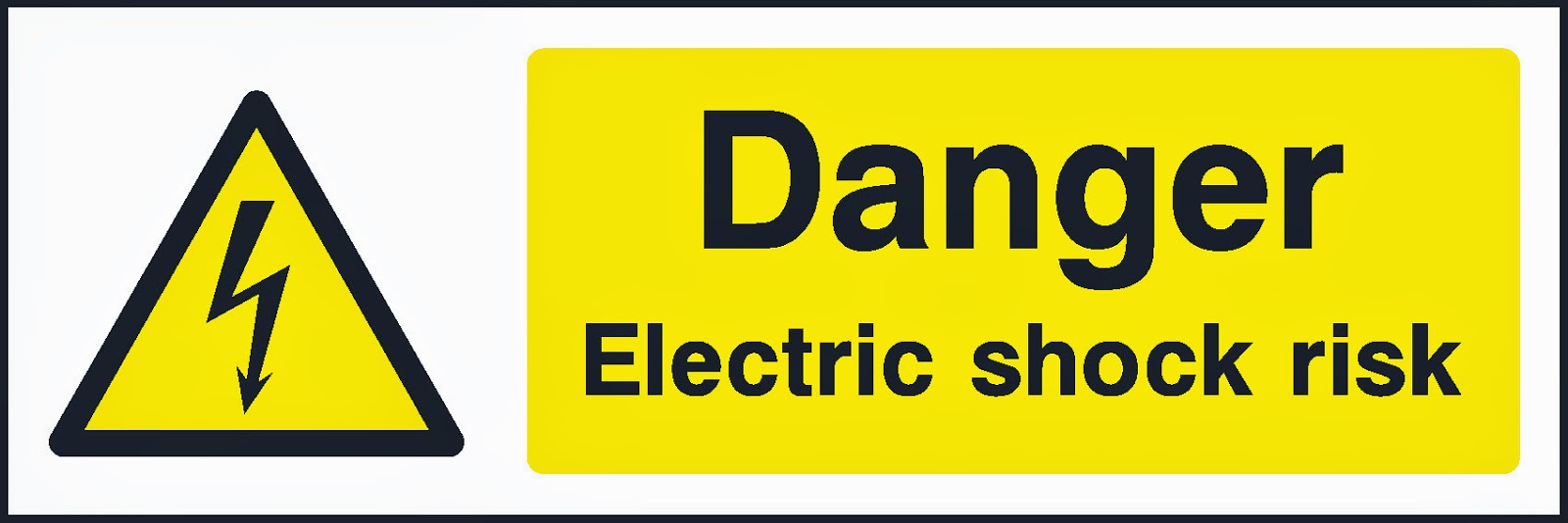Is DIY electrical work illegal in the UK?
I had a vague idea that work done to the mains or to equipment directly attached to it had to be done by a qualified electrician, or at least signed off by one, and that to do otherwise was against the law.

It turns out that this is not strictly true, although I suspect it is a rather common misunderstanding. The truth is a bit more complicated…
Part P – notifiable work
It is a legal requirement to conform with building regulations. There is a section of the regulations related to electrical work (‘Part P‘) to which all electrical work in the home in England must comply.
One of the requirements of Part P is that your local authority (LA) must be notified about some types of electrical work. As of April 2013 the list of ‘notifiable’ work is small: for instance, adding a new circuit, replacing a consumer unit and doing some types of work in bathrooms.
The LA can be notified in advance, as with other building work requiring their involvement, or after the work is completed where the work is done by an electrician certified by a ‘competent person’ scheme. In the latter case the body administering the certification scheme effectively warrants that the work was done in compliance with building regulations.
The other aspect of Part P is to ensure electrical work is safe. It simply says:
“Reasonable provision shall be made in the design and installation of electrical installations in order to protect persons operating, maintaining or altering the installations from fire or injury.”
To find out what this means in practice you need to refer to one of the government produced ‘Approved documents‘ which provide guidance on how to meet the legal requirements:
…in this case the documents says that meeting the requirement can be achieved by following BS 7671 (IEE Wiring Regulations).
Note that this standard requires the execution of a number of tests to show the standard has been followed and the issuance of a certificate saying the work was done correctly.
The last two points effectively excludes the average DIYer who – even if competent to do the installation work – will not necessarily have the experience or tools to do the tests.
Note the quoted requirement applies to all electrical work whether notifiable or not.
So is doing DIY work on domestic electrics really illegal, then?
The effect of the law is that electrical work must be designed, installed and tested according to the wiring regulations (BS 7671) and the regs say that this work must be done by a “competent” person.
The practical implication of this is that, if you are not using a member of the Competent Person scheme then you must notify the LA who will then charge you to inspect and certify the installation. They will also expect the person who did the work to explain how they are “competent” and may ask for relevant qualifications. Building Control can demand that non-compliant work is removed
The more straight forward option is therefore to have the work done by someone who is trained and has been certified by a “Competent Person” scheme . It is a requirement of these schemes that the work is done according to the latest IEE standards and appropriately tested. This meets the requirements of the Part P legislation and the LA will not need to inspect the work after the electrician has submitted the paperwork.
What about non-notifiable work? Well the law says this must be done to the same standard as notifiable work. If you do not get the work signed-off by a “competent person” then you will also need to tell the local authority so they can confirm you are competent to do the work (the LA may ask for evidence of qualifications) and arrange appropriate inspection and testing.
Thus it is not against the law to do electrical work in your house, however if you fail to meet the Part P safety requirement – or can’t prove you have met the requirement – then you are breaking the law and the LA (should they find out) can take action against you. Perhaps more to the point, electrical work done incorrectly can be dangerous.
Conclusion
If – like me – you’re not 100% sure, just get an electrician in to do it. I should get a quote for the work tomorrow.